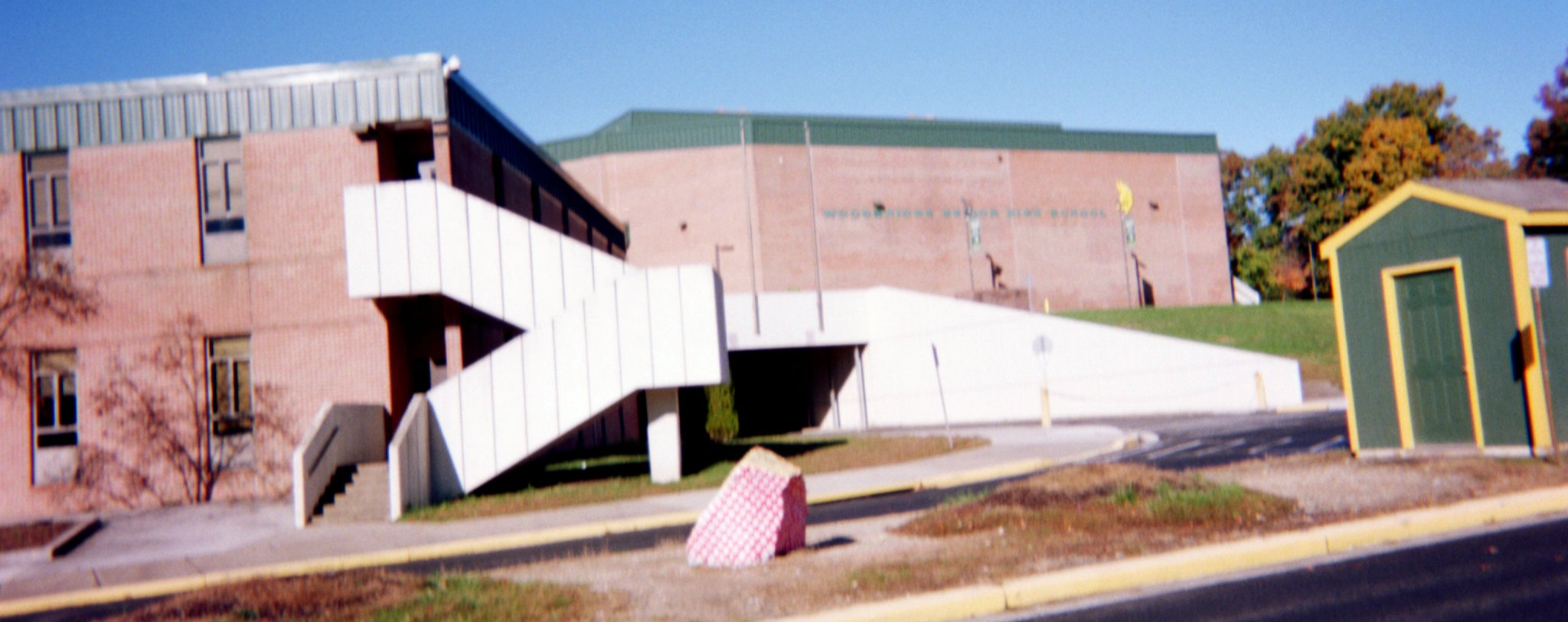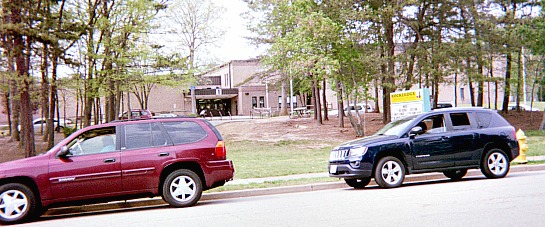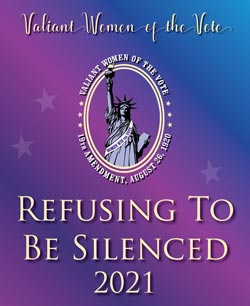Cell Phone Policy at School and Why
Cell phone policy at school is determined by state laws and executive orders. For example, Governor Glenn Youngkin passed Executive Order 33 on July 9, 2024. This executive order provides guidance for the Virginia Department of Education (VDOE) to establish policies limiting student cell phone use in public schools.
The main purpose of the order is to protect the health and safety of students from harmful cell phone usage habits. The executive order establishes the cell phone policy at school in Virginia that limits the amount of time students spend on their cell phones in school. It will eliminate student distraction in the classroom and will encourage the students to focus their attention on their studies. Teachers will not have to compete with cell phones for student participation in school. Studies indicate that students who use their phones during class learn less and achieve lower grades.
Another purpose of this “cell-phone-free” policy is to help mitigate the rising number of adolescents suffering from depression and suicide. The American Psychological Association reports that adolescents spend an average of 4.8 hours a day on social media. Students who admitted they use social media for more than 5 hours were more prone to “Suicidal intent or self-harm”.
Cell Phone Policy at School in Prince William County
Elementary students must turn off their devices and store them away. Students are not allowed to use their phones at any time within the school building, on school grounds or during any instructional periods in the classroom or on field trips. Middle and high school students must turn off their phones and store them away during the bell-to-bell school day and during any instructional periods regardless of location including field trips. Older students may turn on their cell phones and personal electronic communication devices within the school and on the school campus before or after the bell-to-bell school day.
Storage options include the student’s backpack, in the student’s locker, or in a designated place in the classroom. Cell phones or other communication devices shouldn’t be carried on the student’s person or kept in the student’s pocket.
“Bell-to-bell” begins with the first bell to ring at the start of the school instructional day and ends at the end of the academic school day, including lunch and the time in between the class periods. Students may use a phone in the school office to contact a parent or guardian when needed.
Students are permitted to use wireless communication devices on school buses. However, the use of cell phones should not be a distraction for the bus driver, compromise safety or violate other school bus rules and regulations.
Cell phone policy at school in Prince William County provides for severe consequences if students don’t follow the cell phone policy at school rules.
The first offense requires the student to surrender the wireless communication device. The cell phone will be locked in the main office, and will be returned to the student at the end of the day. The second offense results in a second warning after the device has been surrendered and locked away. A teacher or staff member will notify the parent that a third offense will result in a disciplinary incident.
If a third offense occurs, the student will complete a Healthy Cell Phone Use Canvas Module during lunch detention, after-school detention, restorative reflection, or Saturday school. The surrendered device will be locked in the main office and a referral will be generated documenting the violation of the cell phone guidelines. The parent or guardian must retrieve the cell phone from the school office and sign the Acknowledgement of Further Consequences Form.
Additional offenses will result in additional discipline referrals. The consequences may include additional after school detentions, Saturday School, and in-school suspension. The school may issue a cell phone contract where the student drops off the phone in the main office and picks it up at the end of the day for a given period of time.
Cell Phone Policy at School Adult Opinions
Jen Wall, Gainesville District School Board member said, “I was happy to advocate for this policy… It will make a big difference in our classrooms. I’m looking forward to seeing improved academic focus, social interaction and well-being among our students… I have heard first-hand from students and educators what a difference our pilot program made, so I’m optimistic.”
A parent, with three children in Prince William County Schools (PWCS), offered her opinion. “As a parent and former educator, I understand the need to limit distractions in class. However, completely banning phone use for my middle and high schoolers during the day, seems extreme and causes them to fell as though their freedom and ability to check in with me for safety or urgent needs, has been limited and or, possibly removed. In a perfect world, I’d love to see a policy that teaches responsible use, rather than complete restriction.”
A fourth-grade teacher, said, “I believe the PWCS cell phone policy is appropriate for elementary school students. There is no need for direct communication between parents and students during the school day at this level. In some cases, students have used smartwatches to communicate during class, which disrupts learning. If a parent needs to reach his or her child or a student needs to contact a parent, the school will ensure that communication happens appropriately.”
A middle school teacher said, “The newest cell phone policy is excellent for middle schoolers. Students have become so dependent on cell phones and the actual socialization between friends and classmates has declined. Students will now have an opportunity to have real interactions with their classmates. The distractions of the cell phone will now be eliminated.”
A high school teacher said, “I am 100 percent in agreement with the new policy. Students need dedicated, cell phone free time to focus on being present, in the moment, and interacting with each other. Student mental health has suffered tremendously because they can disconnect from each other, school, and even reality, by diving into an online, virtual world. Research supports providing students with cell phone free time in school, and I can’t wait to see the positive results in my classroom and in the school overall.”
One parent, a server at a local restaurant, said that he doesn’t allow his son to take his cell phone at school. Instead, he allows him to use it while he is at home either with or without parental supervision or in other places outside the home. He said that his son was in trouble when he used his cell phone too much in school. School personnel took the phone away from his son according to cell phone policy at school. His parents decided that he could no longer take his phone to school with him.
As a substitute teacher, the new cell phone policy at school makes it harder for me to manage the kids in the classrooms I sub for. Before, it was easier to let the high school students use their phones in class. They were quieter and exhibited better behavior when I substituted for their classes.
Now, I have to tell the kids to put their phones away. The kids sometimes will use their phones in class anyway. I don’t want to take away their phones, but I have to walk a thin line now when it comes to classroom management according to the new cell phone policy at school.
Cell Phone Policy at School Student Opinions
Prince William County students have different ideas about the cell phone policy at school. A fourth grader, who doesn’t have a cell phone yet, shared, “I get that phones can be a problem in class, but sometimes we need them to tell our family we’re okay if there is an emergency. So, I think it’s fine to put our phones away in lessons, but maybe we could have them at breaks or recess, so we can check in with family.”
An eighth grader said, “I understand the rule is meant to help us focus, but completely banning phones all day, even during transitioning from one class to the next, lunch and on field trips, feels unfair and a little overboard when we use them responsibly to stay connected and most importantly, safe.”
A high school junior offered some opinions. “It makes sense to keep phones away in class, but taking them away for the whole day feels like we’re not being trusted. That said, I do understand that kids as a whole have shown themselves to be untrustworthy, which is incredibly disappointing for those of us, who have used our phones responsibly. Although, I understand wanting less phone use, sometimes, as high schoolers, we need them for safety purposes and/or to check in with our parents for various reasons during the day.”
Cell phone free education information at the Prince William County Schools website.











